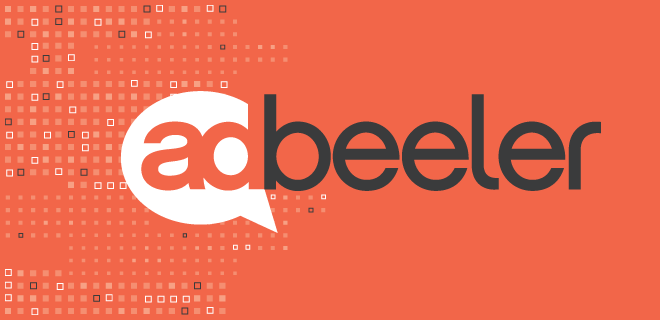
In a conversation earlier this year, I was listening to some publishers talk about the Sizmek situation. Here’s the quick version for those who don’t remember: Sizmek goes bankrupt. SSPs didn’t get paid. Then many SSPs didn’t pay publishers.
This, of course, angered a lot of publishers even though most—not all–have it clearly stated in their contracts with SSPs that the publisher doesn’t get paid in these situations. Still, the conversation circled around the fact that the SSPs should pay. If a publisher served the impression, they did their part. Isn’t this on the SSP?
The conversation devolved into striking back against the SSPs–turning them off until they paid up so the SSP would feel the pain. To my knowledge, no one took any action. This was just people grousing about feeling mistreated.
This awkward state of affairs really got me thinking about the word “partnership” and how disposable a word it has become in our industry. Someone can have 10-to-15 header-bidding “partners,” but all that means is you’ve got contracts with that number of companies. If one doesn’t perform, they are out, easily replaced with another. I know for many companies, they aren’t even reading or negotiating those agreements—sign and wait for a check.
I don’t know. Perhaps this is all for the best. Our industry has stability issues and maybe arm’s length is the closest you want to be with another company. Do you really want to tie yourself closer to another company when you don’t know what your company will be doing in the future?
Making Partner Relationships Work
However, I would like to argue that you at least consider the other direction–making relationships real partnerships to see what might happen.
Let’s take an SSP that’s a significant contributor to your bottom line. What might they do in exchange for you upping your commitment beyond the standard out clause? What if you offered to reduce your number of SSPS from 10 to three or four companies you believe will add value for some time to come? Would that be attractive to them? What if you said an SSP must do more for your company than provide fill, but instead must drive other sources of revenue or help your business in some other way? If you gave them better terms (rev share or years), could they invest in projects you want them to focus on?
What if you said, “To be our partner, you need to demonstrate that you are more than some interchangeable piece of our tech stack and in exchange, we’ll be a loyal partner to you. Let’s work together to grow both our businesses.”
In other words, offer to enter a true partnership.
The big publishers, of course, have the advantage of negotiating with leverage. I’m sure that some already work with their partners as I describe. I’m sure other large publishers just throw their weight around, looking to simply get the best terms. However, I don’t think this is a game that only the big players can play. In very much the same way you go to agencies and brands to pitch that you as a publisher are unique, that same argument can work for your partners. If I have a unique audience, could working with fewer partners make that audience more valuable? What is that worth to those partners to be one of the few that work with me?
Working Together in a Cookieless World
Hopefully, this sparks some ideas, but I must confess that I have an agenda for pushing you in this direction.
If we change how we negotiate, we as publishers can change the dynamics of the industry. First, there are many players in our space who can’t differentiate themselves, who can’t offer real innovation or work more strategically. To them: thanks for playing. Goodbye. Publishers, your willingness to work with anyone and everyone keeps anyone and everyone afloat in a sea of mediocrity and chaos. I think it’s time to start picking some winners and then push those winners to make sure we win as well.
To step away from the theoretical and more practical—I want to work with players who can help drive the identity conversation to a point where we as publishers CAN operate profitability in a cookieless world. Not all companies can do that. If I invest in the companies that can, I’m investing in the future as I see this play out. To those who can’t, you’ll get the arm’s length contract at best. Worst, I’m moving on.
I lead a roundtable discussion about this at the Vancouver Publisher Forum and it’s a conversation I’d like to have again in Scottsdale. To those for which my points are obvious, I suggest this: help lead these conversations. Many of you take the time to look under the hood. Many of you take the time to think ahead. That should impact your partnerships. Those partners should benefit and therefore we all benefit.
Next time someone offers to be your partner: ask them to prove it.